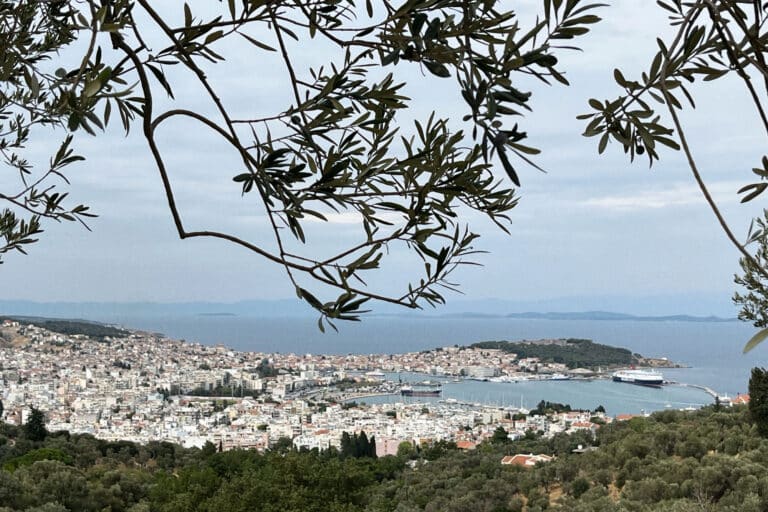CPTnet
19 November 2014
EUROPE: The Wealth Gap and its consequences on asylum
seekers’ fates
by Ramyar Hassani
 |
|
| Refugees forced to sleep in the port of Mytilene on Lesvos, Greece |
[Note: The following has been adapted for CPTnet. The original is available here.]
The consequences of the wealth gap in the world of the
migrant is most stark when we hear the news of those migrants who have drowned
in the sea, stifled
to death in the container lorries, or who are raped while trekking through
remote areas, tortured
in the desert or even killed by the smugglers.
To avoid the above options, migrants who have the money can
pay for much safer ways of entering countries illegally, or depositing an
incredible amount of money to apply for legal immigration. However, some asylum seekers must cross borders
illegally at least once.
Some asylum seekers who receive asylum in a neighboring
country after lodging an application have to wait a few years to be transferred
to the third safe country. People
from this group may get stuck in the neighboring country like Turkey until they
can pay off high resident fees.
So, in summary, if you have a lot of money, you may or may
not receive asylum, but certainly, you are less in danger of rape, torture, shipwrecks,
and other tragedies on the way to your destination.
Apart from the consequences of wealth gap on the experiences
of migrants on the way to the destination and the difference of the routes
according to their economic status, there is another point to consider: legal
assistance. In many cases,
countries have granted migrants asylum after the first or even second refusal. Also, some of the migrants convicted of
facilitating boat crossings into Europe may receive and acquittal later after a
court appeal. In these cases, a
private lawyer could have a significant affect on the final decision. Obviously, the private lawyers’ fees
are high and not everyone can afford it—only those with funds.
Clearly, the wealth gap is not a new phenomenon, and we
should not expect it to disappear, but there should be ways to reduce its effects
on migrants’ rights. One of the
ways is to improve the asylum procedure in Middle-Eastern countries and
amendments on the migration policies to prevent people putting their lives in
the hands of smugglers for the sake of cheaper routes. Doing so will not solve all the economic
issues involved, but could decrease the number of the cases of human rights
violations.



